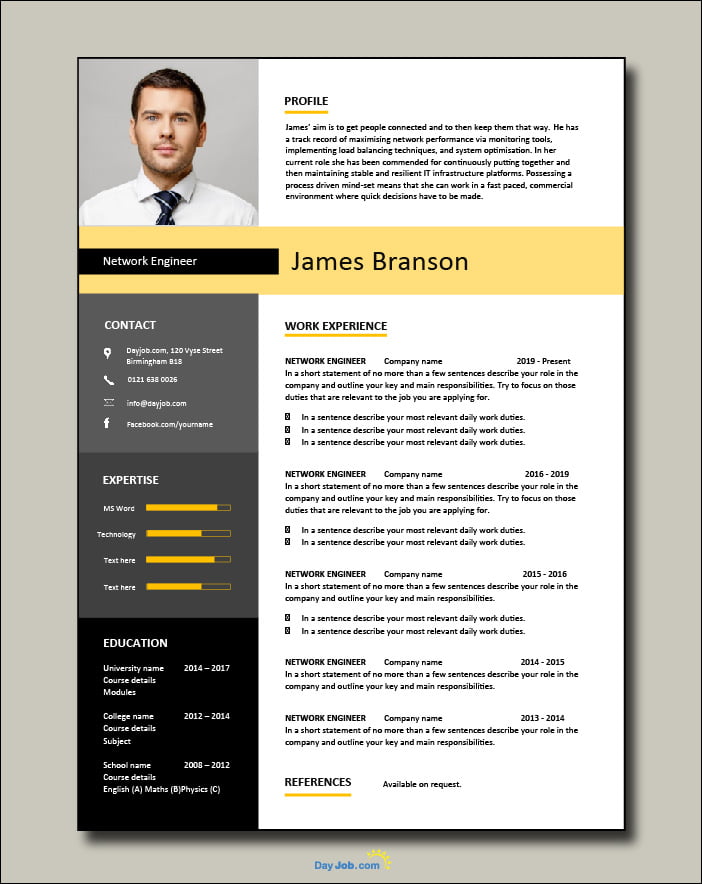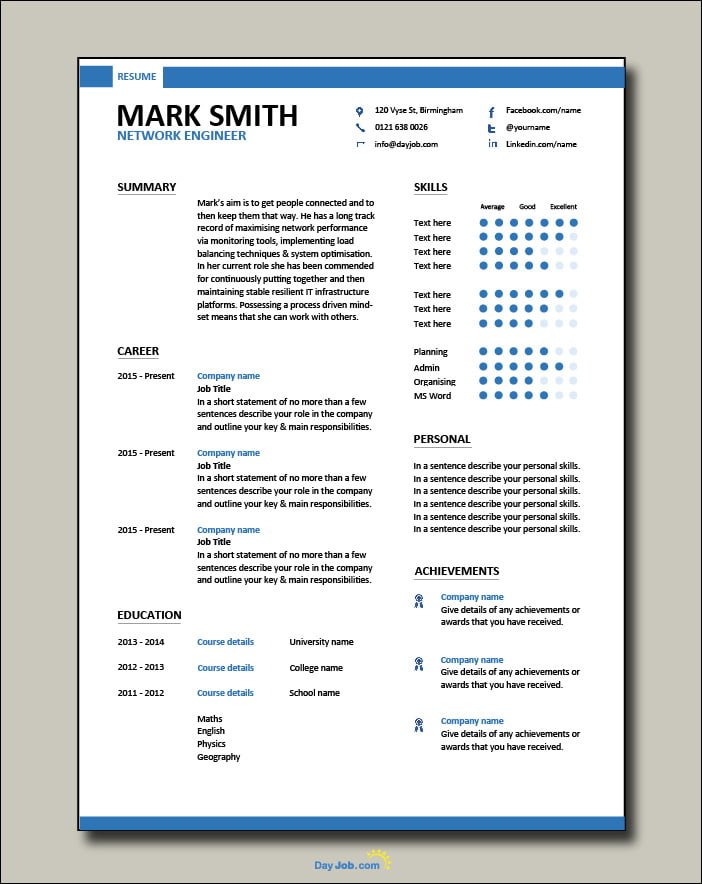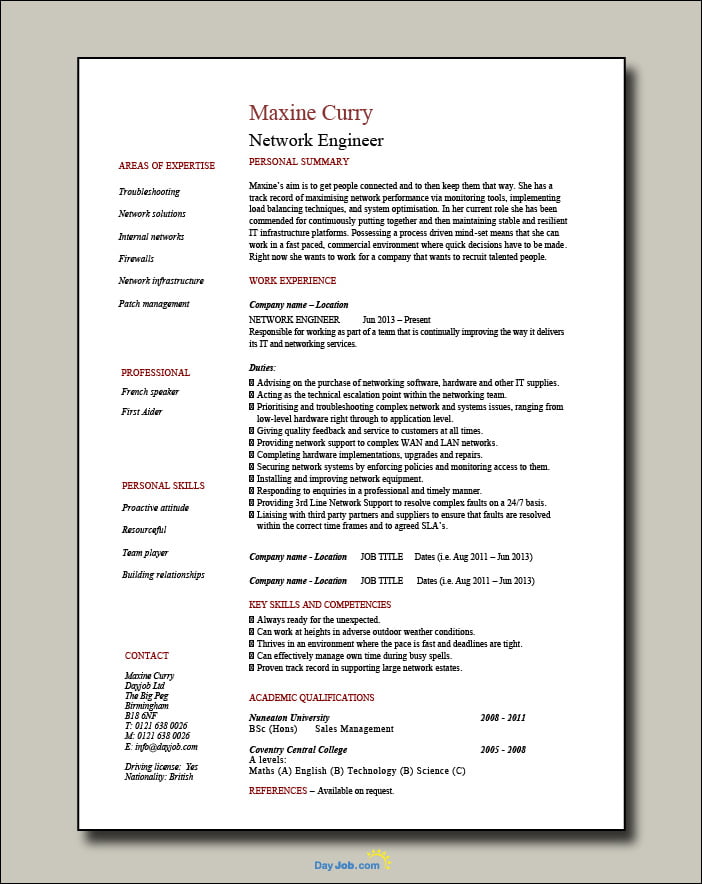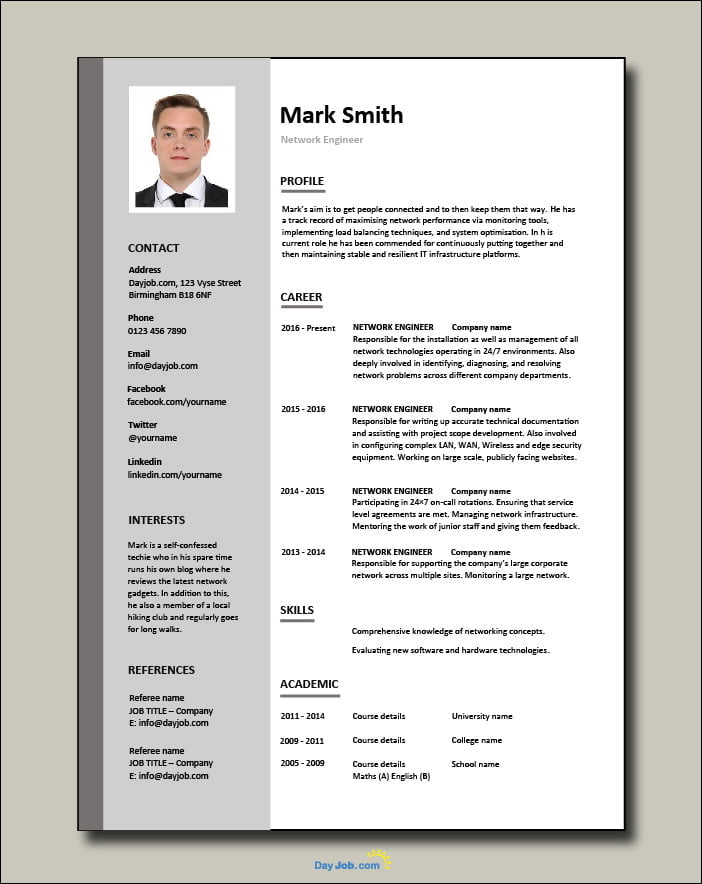Landing the job you want begins with writing up a CV that has been tailored specifically to the vacancy in question. However, it requires time and effort to put together a document that emphasizes your most relevant skills, experience, and potential.
To write up a CV that does this, you must first of all clearly understand both the role you’re pursuing and your own professional working background. You’ve got to identify the needs of the role, then see if you have these and finally put these in your CV. Basically you want to align your CV as much as you can with the vacancies job description.
All of this is important because employers receive countless applications for each role they advertise, meaning they are inundated with prospective candidates. Added to this is the fact that hiring managers are time constrained and have to make quick decisions.
This resource page has been written to help you do all of this and much more.
By: Iejaz Uddin – Updated 9 October 2025
Page overview
- Network Engineer CV examples
- How to write a Network Engineer CV
- CV structure
- Contact details
- Personal summary
- Network Engineer work experience
- Skills
- Education section
Get ALL the CV templates below and 1000’s more for ONLY $4 per month
Get the 1 + 2 page versions, Cover letter & Career, Achievement, Education, Portfolio and Reference pages.
Unlimited downloads – Cancel anytime – (Click images to view full sets)
Areas to focus on when writing a Network Engineer CV;
- Maintaining and administering computer networks.
- Performing disaster recovery operations.
- Protecting software, data and hardware from hacking and attack.
- Identifying and replacing faulty network hardware components.
- Working closely with Users to identify issues.
Show you can;
- Think logically through problems and visualize solutions.
- Read network diagrams and technical documentation.
- Be flexible when necessary and are prepared to think outside of the box.
How write a Network Engineer CV
All job searches start with a well-crafted CV. This short 2 page document has the potential to change your life by getting you and interview for the job you want. It is the crucial first step in the hiring process.
For successful job hunting the basic rule is to tailor your CV to match the specific requirements of the role. This way you’ll not only get passed the Applicant Tracking System but also stand out from other applicants when your CV lands on the desk of the hiring manager (who will make the ultimate decision as to whether to hire you or not).
Follow our simple, step-by-step guide on this page to take the next step toward your ideal job.
In your CV show you can:
- Ensure that everything is properly installed and thoroughly tested.
- Design, install and maintain an organization’s network infrastructure, ensuring its security, reliability, and efficiency.
- Implement and manage security protocols, such as firewalls.
- Run network infrastructure projects in alignment with a company’s technology strategy and standards.
- Maximise network performance by monitoring performance, troubleshooting network problems and outages.
Guide overview:
- CV structure
- Contact details
- Personal summary
- Network Engineer work experience
- Skills section
- Education
- Hobbies and interests
CV structure
Image is everything and the first impression of your CV is given through its design and layout. Not only does a well-structured CV present a good image f you it also goes a long way towards presenting your information clearly, quickly and logically to the reader.
Always start a CV with your contact details at the top, followed by a short professional summary that showcases your most relevant strengths and career goals. Then, list your work experience in reverse chronological order, emphasizing accomplishments and responsibilities that are most related to the role. Follow this with sections for skills, education and certifications. Combined all of these will strengthen your candidacy.
It’s important to make your CV visually clean and easy to navigate by using consistent formatting and clear headings.
This is how to structure your Network Engineer CV:
- Name and contact details
- Personal profile
- Key skills
- Work experience
- Education
Contact details
Employers who are impressed by your application will want to reach you quickly and with minimal effort. Make this easy for them by placing your contact information prominently at the top of your CV where it can be quickly found.
Include your full name, current job title (or the position you’re applying for), email address, phone number, and the city or district you live in. There is no need to give your full postal address. Remember that the more contact options you provide, the easier it will be for potential employers to get in touch with you. Don’t lose out on a interview invite by being uncontactable.
At the very least, include:
- Your full name
- Professional title
- Phone number
- Email address
- Your current job title (if it’s relevant)
Network Engineer CV personal summary
The personal statement is the very first section that recruiters go to and read on your CV. From the job seekers perspective this makes it an ideal opportunity to immediately showcase your suitability for the role. It’s a one shot chance to present your unique value proposition and make a strong, memorable first impression on the reader.
Always begin by outlining where you are in your career, then highlight your key career achievements, relevant skills, and the value you can bring to the company. All of this has to be done in no more than a few short paragraphs.
Network Engineer work experience
For potential employers your work experience is a key indicator of your capabilities and future potential.
A good career section may seem daunting to write, but it can be done by following a few simple rules.
First of all, you should focus on your current or most recent roles, as employers are primarily interested in your recent accomplishments. Secondly, only include duties or responsibilities that are relevant to the position you’re targeting and avoid listing anything else. Thirdly, present your experience in reverse chronological order, which means starting with your most recent or current position first and working backwards.
Finally, whenever possible, quantify your achievements with numbers. For instance, cost savings, time reductions, or efficiency improvements should be backed up with statistics or percentages.
Skills section
Having the skills and qualities that make a great Network Engineer will not only help boost your CV but can also help you excel in the role. It’s therefore important to you include these if you have them.
The skills section should highlight your most important Network Engineering abilities, such as improving services through analysis, reviews, fixes and upgrades. Make sure every skill you include is relevant to the job you’re applying for, meaning if it doesn’t align with the role, leave it out.
Provide examples of how you’ve applied these skills and the positive outcomes achieved when you did this. Highlight instances where your skills added value, such as making processes more efficient, reducing costs or saving time.
Try to strike a balance between hard skills and soft skills throughout your CV. By doing this you can present yourself as a well balanced individual who can fit easily into any role.
Skills to show in your CV
- Providing remote troubleshooting and fault finding support.
- Ensuring that all systems meet all technical, security and data standards.
- Making sure that networks are protected from malware and viruses.
- Giving technical support and assistance to employees.
Education section
A section devoted entirely devoted to your qualifications, certifications, and academic achievements. It’s a vital component of any job application as it demonstrated your commitment to professional growth and continuous learning.
In it you can include any relevant coursework, extracurricular activities, and degrees. You can also highlight industry awards and memberships or affiliations with recognized professional organizations. If you are still studying, then in the dates field list your expected graduation date.
More Network Engineer resume and CV examples
Network Engineer resume
Network Engineer resume 1
Network Engineer resume 2
Network Engineer resume 3
Network Engineer cover letter examples
Network Engineer cover letter 1
Network Engineer cover letter 2
Network Engineer cover letter 3
Network administrator resume examples
Network administrator resume
Network administrator resume 1
Network administrator resume 2
Network analyst CV examples
Network analyst CV
AI Engineer CV example
Related technology CV links:
General CV template examples
IT CV template examples
Related covering letter links:
Cover letter examples





